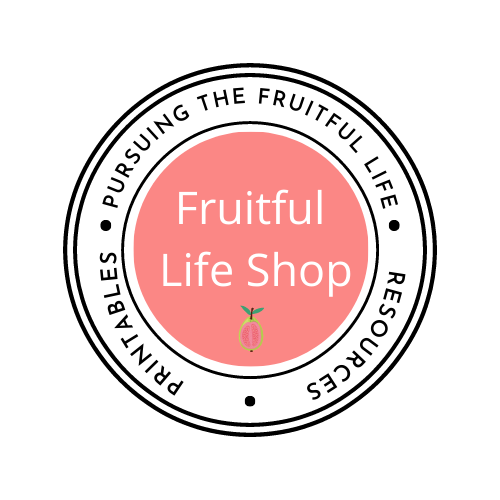Welcome to week 27, The Physiology of Habit Charlotte Mason Home Education Read-Along Series.

This post contains affiliate links, I receive a commission when you purchase products through these links at no additional cost.
The Physiology of Habit Charlotte Mason Home Education Read-along
This week we are reading pages 111-118 of the Home Education volume. The Physiology of Habit.
If you want to see the rest of these posts in one place, you may view them HERE. And don’t forget to download your free worksheets with each reading! If you are interested in a Charlotte Mason “curriculum”, our favorite resource is Ambleside Online.
****If you need to purchase the Charlotte Mason Home Education volume, it is available in a newer version HERE. (Affiliate link)****
I am using the Original Homeschooling Series, Volume One, Home Education- the pink books.
Growing Tissues form themselves to modes of action
Charlotte begins by explaining how growing tissues form themselves into modes of action simply by doing the thing. Muscles and joints will form a ‘memory’ in order to accommodate and action that requires less work of the brain.
Therefore, children should learn dancing, swimming etc., at an early age
She says this is why children should learn types of physical activity at an early age. Learning at a young age is far easier than at a later stage in life. There is a connection between learning and physical growth in a child that simply isn’t there in a grown person.
Moral and Mental Habits make their mark upon physical tissue
Charlotte presents the idea that even moral and metal habits make their mark upon physical tissue. There are often physical consequences to bad physical habits, just as the physical brain is affected by the thoughts that one thinks.
Persistent trains of thought
All people must take care to the persistent trains of thought that are prevalent in their own minds.
Incessant regeneration of brain tissue
The brains grows and regrows to the trains of thought which are habitually exercised and any sequence of mental actions that are repeated frequently will continue to perpetuate.
Artificial reflex actions may be acquired
When we learn something new or do something new, that new thing requires much more energy and attention form us than a task that we have done multiple times over. The more we practice it, the less consciousness it will take to do it because it become a habit and our response to it becomes automatic.
Intellectual and moral education
The key to achieving intellectual and moral education is to form the habits in the thoughts and ruts in the brain? ( not sure, if you have more insight on this section, please comment below)
Character affected by acquired modification of brain tissue
The habits which parents permit or encourage play a role in the conformation of the child’s brain and the habits of the child produce their character. These habits are stronger than nature and can only be displaced when the child or man adopts other habits.
Outside influence
Charlotte also stresses that the formation habits is influenced by whatever outside influences are allowed. Mothers should take every precaution to ensure that outside influences affirm the habits that she is trying to form.
My takeaway from This Week’s Charlotte Mason Reading
Some of the sections were difficult for me to work through this week, but I think the main thing that sticks out to me from this week is how very mindful we should be about the habits we ourselves are perpetuating and how we help our own children form habits, whether in thought or deed.
I am beginning to see that what habits we form early in life are truly worth ten natures! This is why careful consideration is necessary.













Leave a Reply